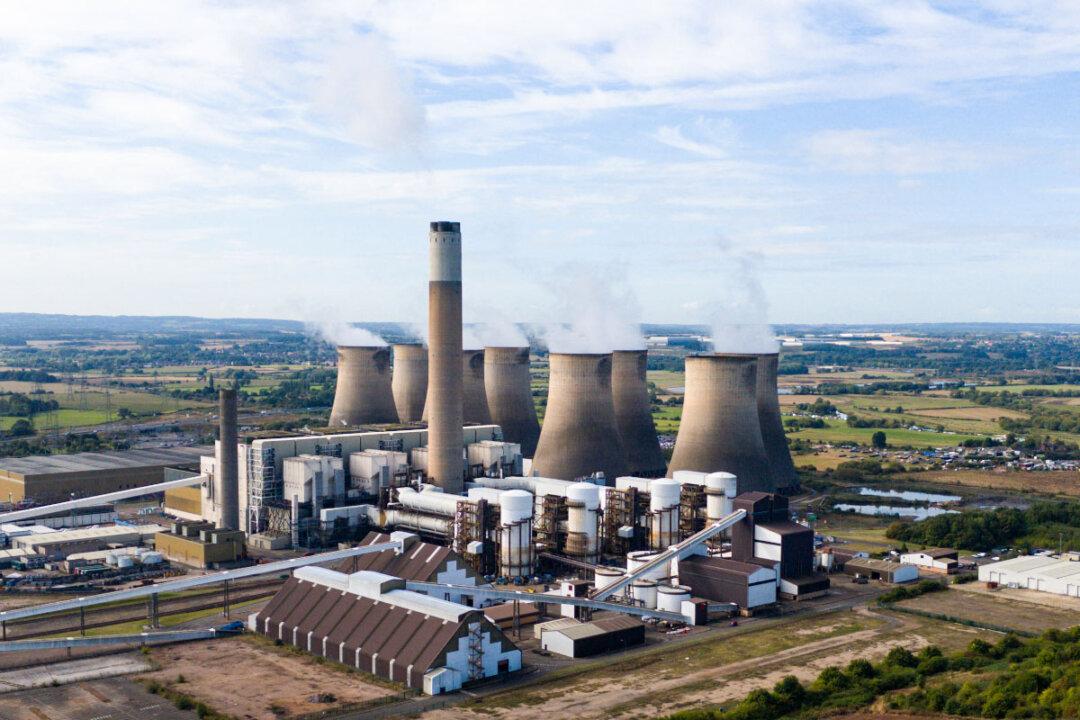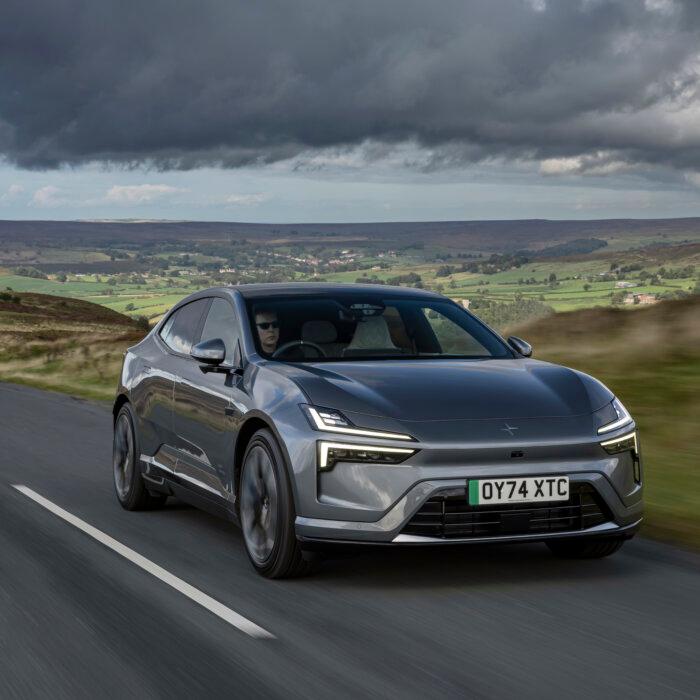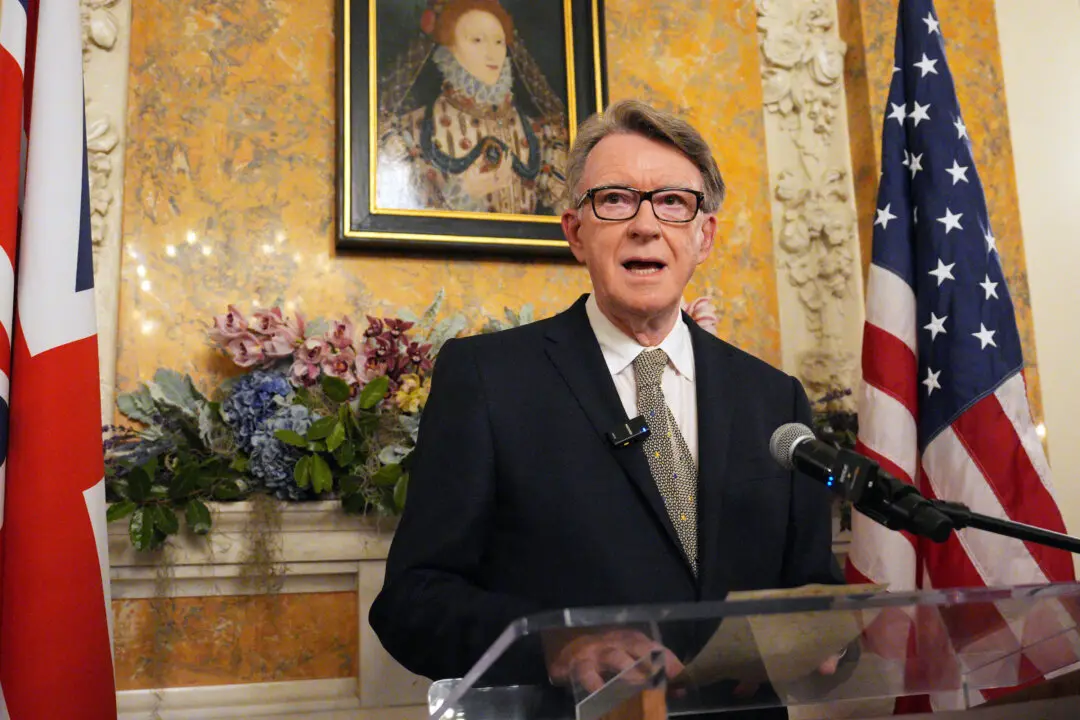New coal mining schemes will not be allowed in the UK, the government has said following the closure of the country’s last coal-fired power station.
Ministers have confirmed that legislation will be introduced to restrict the future licensing of new coal mines under net zero targets, as they say phasing out fossil fuels will limit global temperature rises and improve air quality.
A 142-year era of coal-generated energy was brought to an end with the closure of the power station at Ratcliffe-on-Soar in Nottinghamshire at the end of September.
Miners ‘Kept Lights On’
Shanks said in a statement: “Coal mining powered this country for over 140 years and we owe a huge debt to workers who kept the lights on for homes and businesses across the country.“Now the UK is in prime position to lead the way in phasing out coal power around the world, which remains the single largest contributor to global emissions.
“By consigning coal power to the past, we can pave the way for a clean, secure energy system that will protect billpayers and create a new generation of skilled workers.”
The coal power era in the UK began in 1882 with the opening of the world’s first coal-powered station at Holborn Viaduct in London, though the fossil fuel had been mined long before that when Britain led the world in the industrial revolution.
As recently as 2012, coal was generating 40 percent of UK electricity supplies, but that has now fallen to zero.
Cumbria Mine Derailed
A scheme in Whitehaven, Cumbria, to produce coking coal for steel production was set to be the country’s first new coal mine in 30 years after Michael Gove, the former levelling up secretary for the previous Conservative government, gave it the green light in December 2022.However, Labour effectively killed off coal mining in the UK after it said it would not contest a High Court ruling that blocked the mine from being built after a series of legal challenges brought by climate groups. The Coal Authority, a watchdog sponsored by the energy department, also refused to grant underground coal mining licences for the Cumbria site.
The activist groups Friends of the Earth and South Lakes Action on Climate Change both sued the government to stop the project.
Billions in Wind Farm Subsidies
It was revealed in a data release this week that an offshire wind farm has become the fourth in the UK to have received more than £1 billion in subsidy payments.Known as Beatrice and situated in the Moray Firth off the coast of Scotland, the wind farm cost £2.2 billion to construct, meaning that consumer levies will pay for almost the entire cost of the project, with the profits ultimately shared by SSE plc and the Danish investment house, Copenhagen Infrastructure Partners.
The director of pressure group Net Zero Watch Andrew Montford said in a statement: "This level of subsidy is obscene. The Westminster machine is hosing down the green lobby with our money. The consumer interest is nowhere to be seen.”
The MP and Reform Party leader Richard Tice said: “Renewable energy subsidies are making people poorer with higher bills. Businesses are less competitive, meaning less growth and fewer jobs.”
Tice added, “We need to copy the U.S. plan and ‘drill baby drill’ to make people better off.”
At the COP29 summit this week in Baku, Azerbaijan, Prime Minister Sir Keir Starmer announced a scheme known as the Clean Industry Bonus that will offer £27 million per gigawatt to offshore wind developers that invest in the UK’s industrial heartlands, coastal areas, and oil and gas communities.
Starmer also announced plans to reduce the UK’s greenhouse gas emissions by 81 percent compared to 1990 levels by 2035.
The Department for Energy Security and Net Zero said there may be limited exceptions to the ban on coal mining for “safety or restoration purposes” while an exemption is also anticipated to protect the historic rights of freeminers to mine personal plots or “gales” in the Forest of Dean.
Labour also said there are a “small number” of licensed operational coal mines that will be unaffected and can continue mining in line with their current licences and consents.







